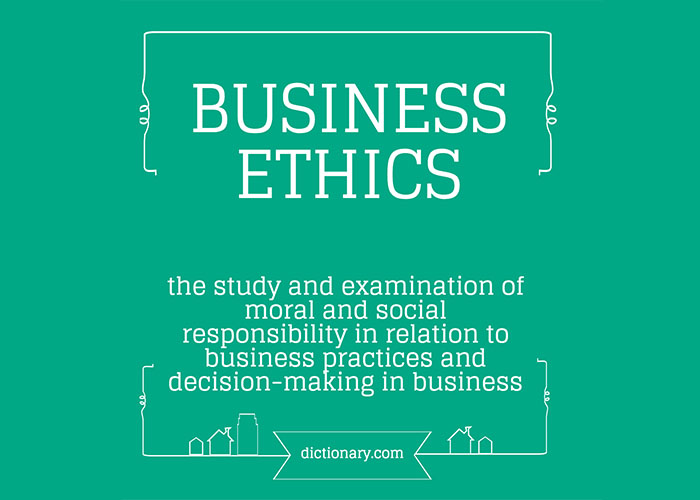The more time you spend in property management or rental ownership, the more experience you have with nightmare tenants. We don’t come across them frequently, but they are definitely out there. I’ve noticed an up-tick in conversation about bad renters, and quickly realized that there is a lot of misinformation out there. Let me help set the record straight for you: Legally, what can you do with a problem tenant?
First and foremost, your best bet is to avoid a bad tenant from the start. This means you need to screen. Check the prospective tenant’s criminal and credit background and contact all of their previous landlords directly. Sometimes, there are things that don’t show up on reports that you need to know. The more information you have, the more protected you will be.
Once you’ve found the right tenant, the next step to remaining protected is to have an air-tight lease. When the terms are clearly laid out and signed by both parties, there are fewer loop holes and gray areas. For example, your lease must include a “right of re-entry” or eviction clause in order to evict a tenant for a material breach of a lease, with the exception of statutory violations and not paying rent. This is something that will come in handy if you encounter a problem tenant. Even then, the process is long and convoluted.
Once the lease agreement is signed, it’s important to let your renter know you’re serious about the terms you both agreed to. Be strict with the rules. It may feel counter-intuitive to behave this way, but if you let a lot of little things slide, that opens the door up for bigger problems down the line. You should also charge lease violation and late rent fees consistently to help deter renters from making late payments or bending or breaking the rules.
Even with an extravagant amount of precautions being taken, you could still wind up with a bad renter. If that’s the case, you have a few options. If you have a month-to-month lease, you can give them a written 60-day notice to vacate. This is definitely the easiest option, but could result in 60 more days of non-payment or continued disruption of other tenants or destruction of property. Often, the problem tenant is locked into a 6 month or a year-long lease. If this is the case, your best option is eviction.
The Minnesota Housing Association says the following reasons are acceptable for filing an eviction action in the State of Minnesota. If you’re curious to learn more, you can read all tenant/landlord related legal guidelines in Minnesota Statute 504B. It can be found online at revisor.mn.gov.
1. Failure to pay rent. The tenant may redeem the tenancy at any time before possession of the premises has been delivered to the landlord by paying past due rent, costs of the eviction action, including the court filing fee, and other requirements under the lease.
2. Lease violations. The lease must contain a “right of re-entry” or eviction clause for the landlord to evict a tenant for a material breach of a lease, except for nonpayment of rent and statutory violations. This clause gives the landlord a right to evict the tenant for violating lease provisions like disturbing other residents, causing damage to property, unauthorized persons living on the property, or unauthorized pets. To be clear, this is the most difficult reason for eviction because it requires proof that isn’t always readily available. In the event the tenant sues you, it’s likely they’ll win for this kind of eviction because Minnesota is known to be a tenant friendly state.
3. Illegal activities prohibited by Minnesota Statute (504B). A landlord may evict a tenant, or assign the right to the county or city attorney, if the tenant engages in or permits activities named in the statute, such as:
- unlawful controlled substances in the premises or common area
- unlawful use or possession of a firearm
- stolen property in the premises or common area
- prostitution
- criminal gang activity
This kind of violation also requires proof to warrant an eviction.
4. Holdover tenant. A holdover tenant is one whose lease has expired or where proper notice to vacate has been given, but the tenant remains in the rental unit without the landlord’s consent.
Eviction is a complicated process, but is unfortunately sometimes the only option available. For this reason, we offer a monthly Eviction Protection Plan to our clients — we handle the whole process and take on the responsibility. If you’re interested in learning more about this optional service, call me at 952-831-5300





